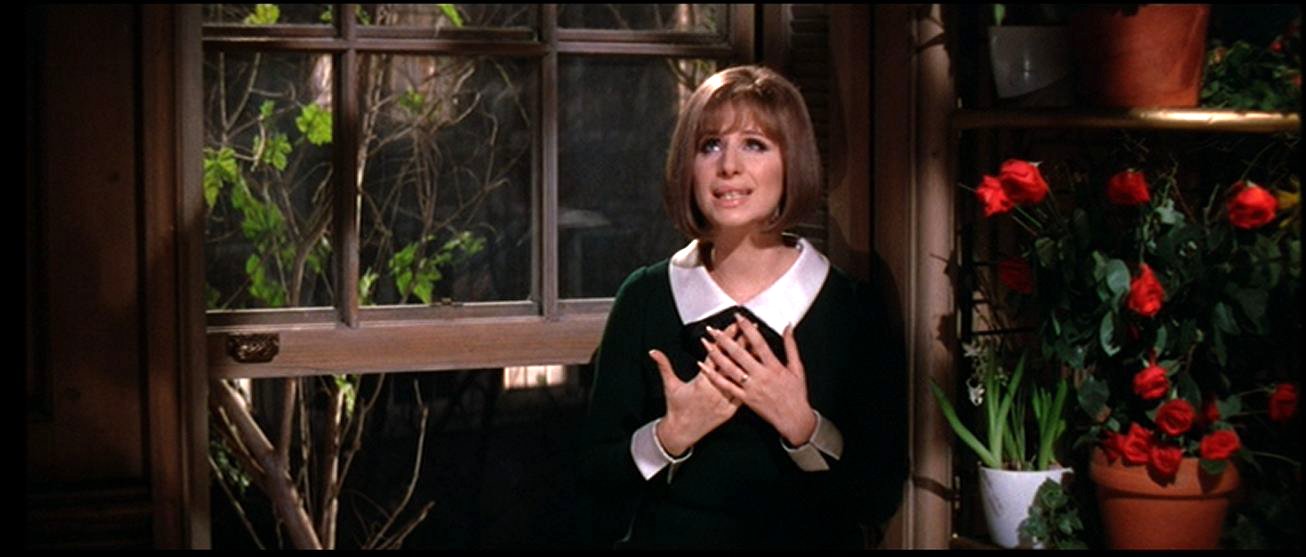
And she gets laughs in her self-deprecating response to Nick’s suave seduction in a Baltimore restaurant. That’s notable in her eagerness bordering on desperation as she seizes her tenuous foothold in an industry that expects chorus girls to be willowy beauties, and in her sheer chutzpah as she clowns her way out of the chorus to become a Ziegfeld Follies star who shapes her own material. There’s a new maturity and texture in her vocals, coating Jule Styne’s melodies in liquid velvet and even bringing a semblance of depth to Bob Merrill’s lyrics, which are seldom more than serviceable.Ĭomedy is not Michele’s natural domain, but she throws herself into Brice’s shtick with gusto. Reuniting with Michael Mayer, who directed Michele in her breakthrough role in Spring Awakening, the star’s voice has never sounded better. Though if the ecstatic squeals of fans that greet every big brassy belt and key change in her songs are any indication, those rumors of bad behavior have been forgiven and forgotten. This part is not just the fulfillment of a longtime desire, it’s also a career rehabilitation project. Humility is not a requirement when playing the lead in Funny Girl, but to this critic, there seems a quiet undertone of contrition in Michele’s riveting performance - of sincere gratitude to be back on Broadway for the first time in 14 years, and in her dream role no less. The ship really appeared to have sailed once Michele became a social media pariah after accounts of her alleged bullying of castmates on Glee and other productions began circulating. Michele also performed “Don’t Rain on My Parade” on the 2010 Tony Awards telecast, all but begging the industry crowd in the Radio City Music Hall audience to put her on a Broadway stage in the role.Įarly talks for Michele to lead a Ryan Murphy-produced revival fell apart, and her chance to tackle Fanny Brice seemed to pass her by. The actress has been unofficially auditioning for the role since her first season as Rachel Berry on Glee, making clear her character’s obsession both with the role and with the original star it was shaped around on Broadway and in the 1968 screen version, Barbra Streisand.Īt various points over five seasons, Rachel performed a string of numbers from the show, “People,” “Don’t Rain on My Parade,” “I’m the Greatest Star,” “Who Are You Now?” and the duet, “You Are Woman, I Am Man,” as well as the Brice trademark song “My Man,” which was added for Streisand as a closing number in the William Wyler film. Michele has the vocal talent and the hunger.


Barbara streisand on a clear day professional#
Perhaps even more crucially, the hunger that defines early 20th century stage star Brice in the fictionalized 1964 bio-musical - for both professional success and personal fulfillment in a rocky marriage to inveterate gambler Nick Arnstein - was barely there in Feldstein’s winsome characterization. Angela Lansbury, Entrancing Star of Stage and Screen, Dies at 96


 0 kommentar(er)
0 kommentar(er)
